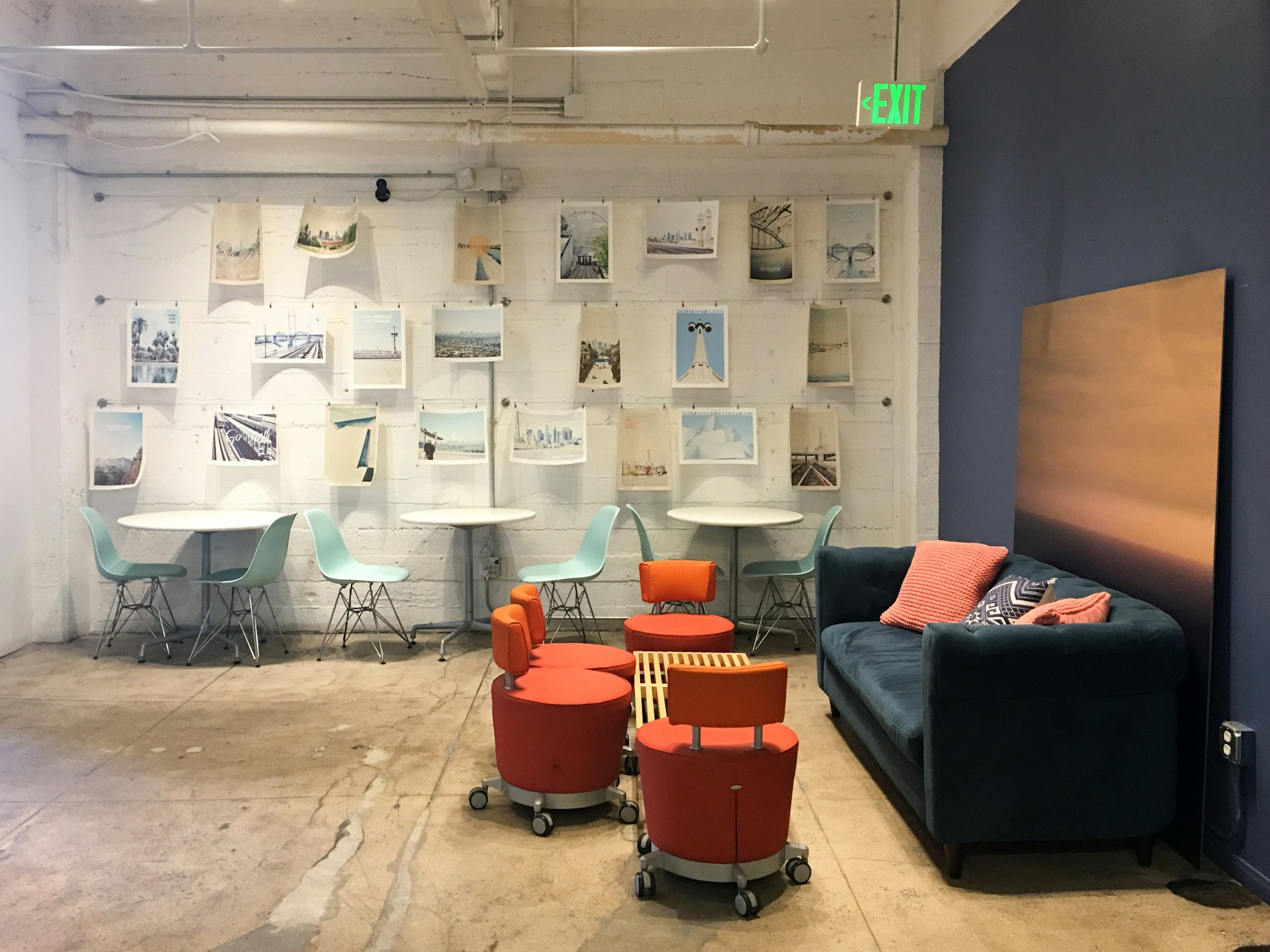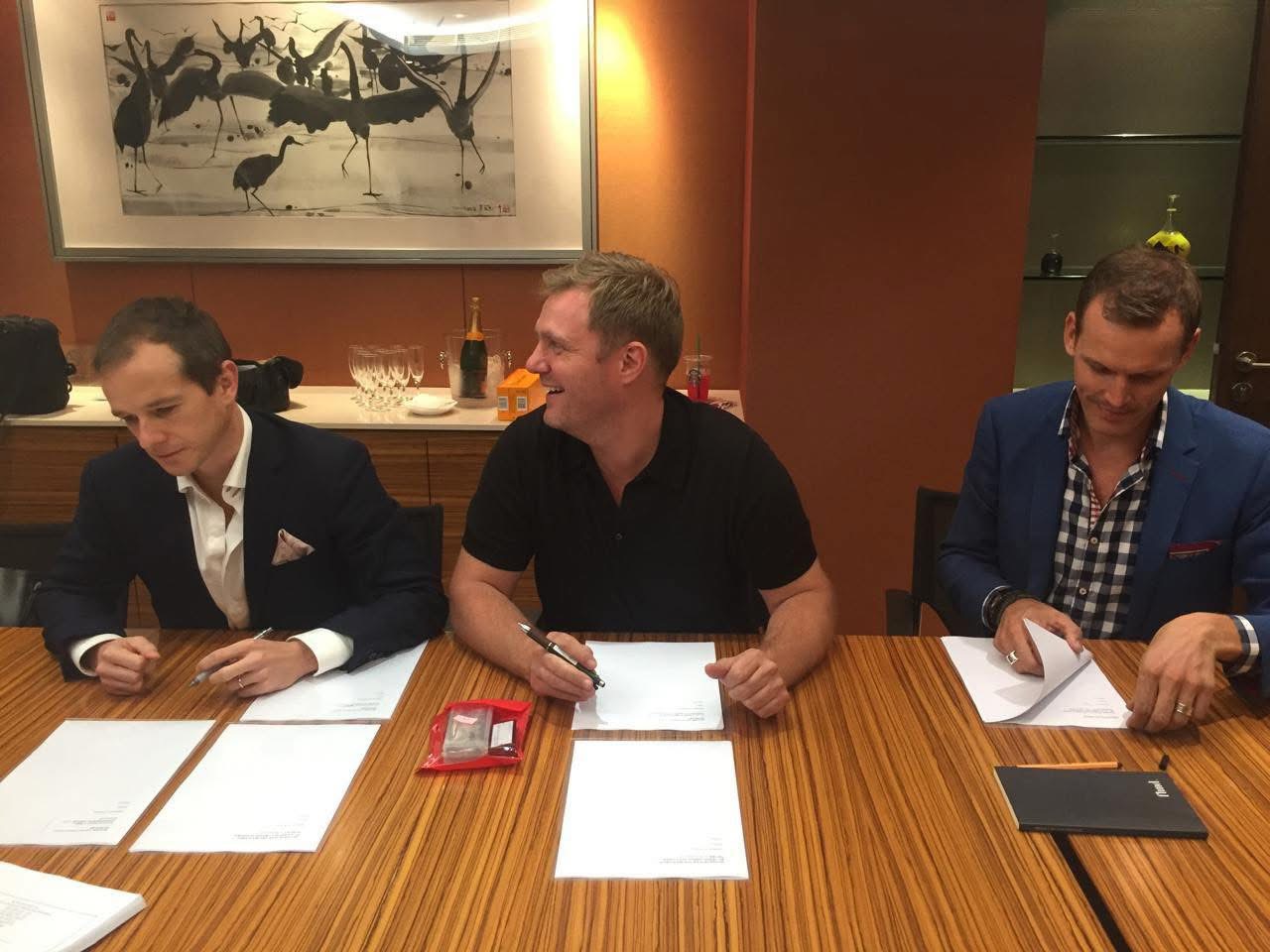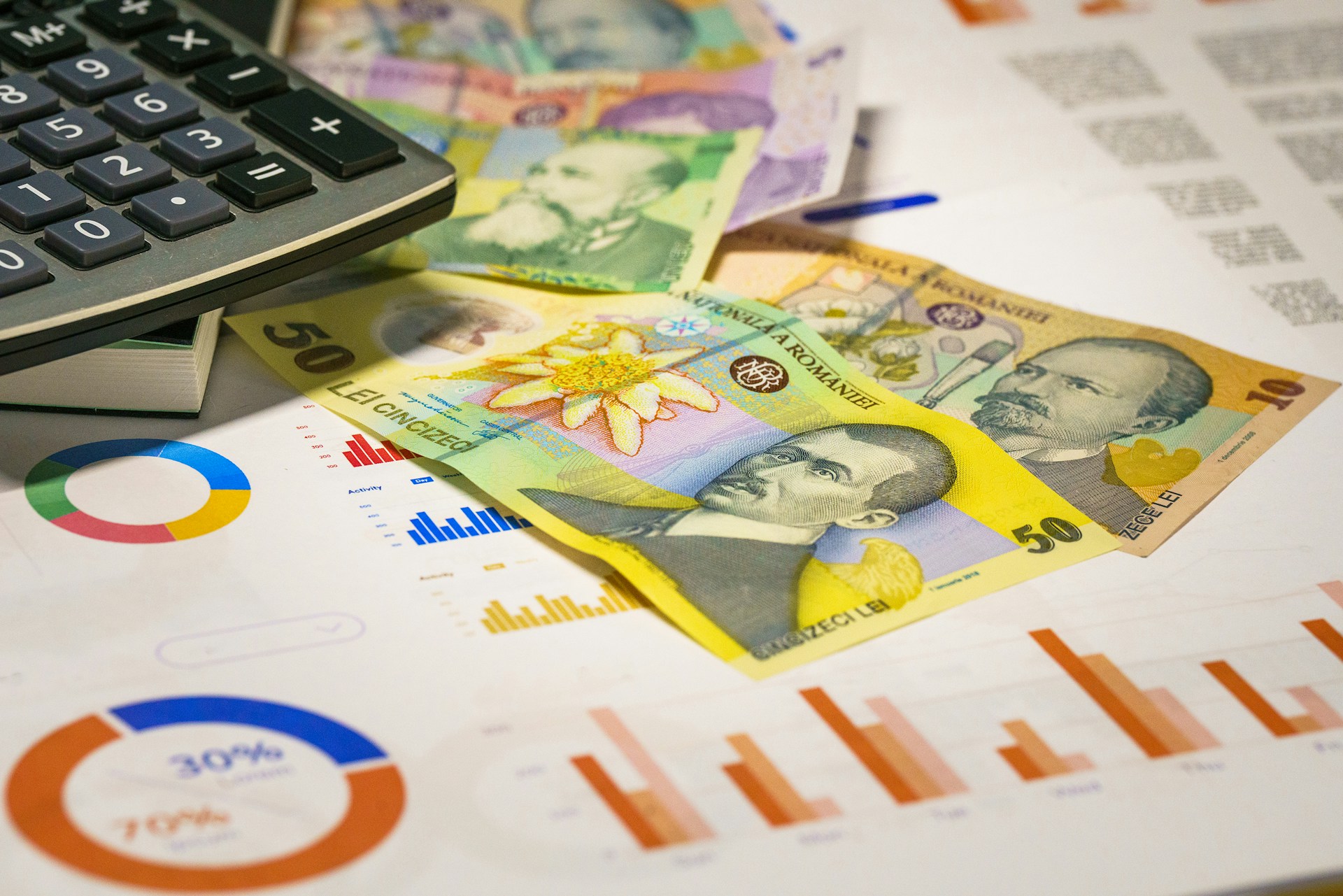Building a Strong Brand Goodwill for Your Startup

When most founders think about growth, they focus on revenue, fundraising, or product features. What often gets overlooked is something less tangible but just as powerful: brand goodwill.
Goodwill isn’t just about people knowing your name, it’s about how they feel when they hear it. It’s the trust, loyalty, and positive reputation that makes customers choose you over a competitor, even when the competitor is cheaper or faster. It’s the reason Apple can launch a new iPhone with minimal explanation and sell out. It’s why people still drink Coca-Cola even though dozens of colas taste the same.
For startups, goodwill might sound like a “later stage” problem, something to think about once you’re profitable or at scale. But the reality is, goodwill is built (or lost) from day one. Every decision you make, from pricing to customer support to how you communicate during tough times, shapes how your brand is perceived.
In this article, we’ll explore why goodwill matters, what happens if you ignore it, lessons from companies that have nailed it, and how you as a founder can start building it today.
Why Brand Goodwill Matters
Think of goodwill as the invisible currency that compounds over time.
- Customer loyalty: When people trust your brand, they don’t just buy once, they stick around. This reduces churn and makes your business more resilient.
- Pricing power: A brand with goodwill can charge a premium. Apple doesn’t sell phones, they sell the idea of owning an Apple product, which carries status and trust.
- Word-of-mouth marketing: Happy customers become advocates. And advocacy is free, scalable, and more effective than ads.
- Crisis resilience: Mistakes happen. A company with goodwill can bounce back because customers give it the benefit of the doubt. Without goodwill, even small missteps can turn fatal.
- Investor confidence: Investors know that strong goodwill translates into long-term value. It’s why brands like Nike or Disney are valued far beyond their tangible assets.
For startups with limited resources, goodwill can be the unfair advantage that tips the scales in your favor.
What Happens Without Goodwill?
Without goodwill, every sale feels like pushing a boulder uphill. Customers buy reluctantly, compare prices obsessively, and churn at the first better offer. You end up spending more on ads, discounts, and promotions just to keep people interested.
Take WeWork as an example. Its early story was inspiring, but scandals and overpromises eroded its goodwill. When the company needed public trust the most, it wasn’t there. Contrast that with Airbnb, despite controversies and regulatory battles, it maintained enough goodwill to bounce back stronger.
Without goodwill, you’re also vulnerable in a crisis. A delivery delay, a product flaw, or even a tweet taken out of context can explode if people don’t already trust your intentions. In today’s hyper-connected world, perception spreads faster than facts.
For founders, this means goodwill isn’t optional. It’s a survival tool.
Lessons from Companies That Got It Right
Apple – The Premium Trust Factor
Apple has spent decades cultivating goodwill. It’s not just about sleek design or features, it’s about trust that the product will “just work.” Even when the company launches something as simple as a $19 polishing cloth, the goodwill is strong enough to make people line up. For startups, the lesson is clear: consistency builds trust.
Patagonia – Standing by Values
Patagonia built goodwill not just on product quality but on values. By openly taking stances on environmental issues, even running ads telling people not to buy jackets unless they needed them, it created a brand identity bigger than clothing. Customers don’t just buy Patagonia products; they buy into its mission.
Zoom – Winning Hearts During Crisis
At the start of the pandemic, Zoom wasn’t the only video conferencing tool. But its goodwill skyrocketed because it worked simply when people needed it most. Even when security flaws were exposed, users forgave quickly because the brand had already banked trust.
Airbnb – Building Community
Airbnb leaned on the goodwill of hosts and travelers. By investing in community trust, reviews, and protections, it turned a risky concept (strangers sleeping in your house) into a global phenomenon.
These examples prove that goodwill doesn’t require being the biggest player. It requires being consistent, authentic, and customer-first.
How Founders Can Build Brand Goodwill
Building goodwill isn’t about fancy branding campaigns. It’s about how you operate daily:
1. Deliver More Than Expected
Surprise and delight customers. It doesn’t have to be expensive, it could be thoughtful onboarding, handwritten thank-you notes, or proactive customer support.
2. Communicate with Transparency
People forgive mistakes, but not dishonesty. If something goes wrong, own it, explain it, and show how you’ll fix it. Brands that hide problems lose goodwill fast.
3. Align with Values
Today’s customers care about what you stand for. Whether it’s sustainability, inclusion, or privacy, align with values that resonate with your market—and live them, don’t just market them.
4. Invest in Customer Support
Support isn’t just a cost center; it’s goodwill in action. Every ticket or chat is a chance to create a loyal fan or a lifelong critic.
5. Be Consistent Across Touchpoints
From your website to your emails to your product, consistency builds familiarity, and familiarity builds trust. If your messaging is all over the place, customers won’t know who you are.
6. Leverage Storytelling
Founders who share authentic stories — why they started, what problem they’re solving, what they believe in, build emotional connections. And goodwill thrives on emotion.
Wrapping It Up
Goodwill is the most underrated startup asset. It doesn’t appear on your balance sheet, but it shows up in customer loyalty, resilience during crises, and the ability to charge what you’re worth.
Apple has it. Patagonia lives by it. Zoom leaned on it during its biggest test. And Airbnb used it to turn skeptics into believers.
As a founder, you don’t need a billion-dollar budget to build goodwill. You need consistency, authenticity, and a relentless focus on customers. Build that foundation, and goodwill will follow, compounding like interest in a bank account.
So ask yourself: when customers talk about your startup, do they just describe what you do, or do they speak about how you make them feel? That feeling is goodwill, and it might just be your most valuable product.
Read - Rethinking Pricing? Here Is What Matters Most

square.jpg)










